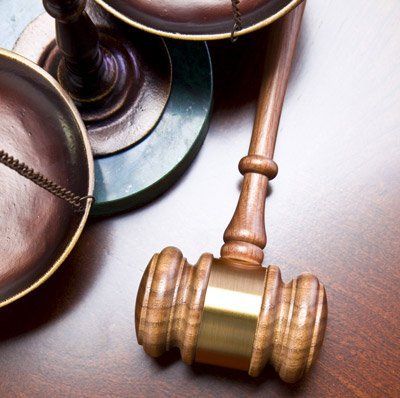If I Ignore My Creditors Won’t They Eventually Just Go Away?
Not necessarily. Many creditors will continue collection efforts for many years. Debts do have a statute of limitations which requires a creditor to file a lawsuit within a specific time frame or the debt becomes unenforceable. If the creditor files a lawsuit and gets a judgment against you, then that judgment in North Carolina is collectible for 10 years following the date of judgment. Also, there is a procedure under the North Carolina General Statutes that allows a creditor to renew a judgment for an additional 10-year period. Therefore, the judgment could create a 20-year problem for a Debtor.
How Much Does It Cost To File Bankruptcy?
The total cost of a bankruptcy depends upon several factors, including the kind of bankruptcy you file. You generally need to pay filing fees, attorney fees, and credit counseling fees. Filing fees and credit counseling fees are fixed, attorney fees are variable. The law office of W. Mack Rice has very reasonable attorney fees.
What Can A Creditor Do To Me?
Once a judgment is obtained, a creditor may attempt to levy your property. Some creditors can levy your bank accounts and garnish your wages. Others can only seize non-exempt real and personal property through a court process. Creditors are required to serve upon you a Notice of Right to Claim Property as Exempt. This notice must be completed within the required time frame and filed with the Court. It allows you to keep certain property free and clear from a creditor. If you have received a Judgment or Notice of Right to Claim Property as Exempt, call the law office of W. Mack Rice immediately.
I Am Married, Do Both Of Us Have To File Bankruptcy?
No. You can file individually. Whether you should or not depends on who is legally liable on the debts that you have, but if you have individual debts then it is safe for you to file individually. However, if you have joint debts with your spouse it is not a good idea to file an individual bankruptcy. If only one debtor on a joint debt files bankruptcy, the other joint debtor who did not file bankruptcy is still liable for the debt.
If I Filed Bankruptcy Previously, Can I File Again?
Yes, but how long you have to wait to re-file depends on the type of bankruptcy that you initially filed and the type of bankruptcy you now wish to file. The time periods vary from two years to eight years.
Do I Have To Make A Court Appearance?
Usually just one time. You must attend what is commonly called a “341 Meeting of Creditors.” Provision 341 is the provision of the Bankruptcy Code which sets forth the requirements of this meeting. A Judge is not present at the meeting. The bankruptcy Trustee will ask you a few questions for the record about your bankruptcy at this meeting. The questioning generally takes about five minutes. In a Chapter 7 Case, the Trustee asks questions to determine whether there is property available for sale in order to satisfy all or a portion of your debt. If your property is exempt, then the Trustee cannot sell any of your property. In a Chapter 13 Case, the Trustee asks questions to determine whether the monthly payment that you and your attorney have proposed is sufficient to pay each type of creditor the amount required under the Bankruptcy Code. Each type of creditor may be treated differently, and some creditors may not receive any money during the entire term of your Chapter 13 Case, depending upon your unique circumstances.
If I File Bankruptcy, Won’t My Credit Be Messed Up For 10 Years?
Bankruptcy is allowed to remain on your credit report for up to 10 years. However, a discharge of your debts in bankruptcy will provide you with a fresh start to rebuild your credit. You can rebuild your credit immediately; you do not have to wait 10 years before you are eligible for credit again. The alternative to bankruptcy is to continue struggling with overwhelming debt which will take many years to pay off, and which will remain on your credit report for an extended period, generally 7 years or more. Missed payments, collections, judgments, repossessions and foreclosures will destroy your credit record more than a bankruptcy. A “fresh start” through bankruptcy will make you more credit-worthy to a creditor than doing nothing and having this debt burden remain with you.
Can’t I Get Help For Free To Save My Home From Foreclosure?
Yes, there are many non-profit and government organizations that assist homeowners with mortgage issues. Many of these organizations attempt to have your mortgage loan modified or they seek sources of funds to help you reinstate your mortgage. These organizations are very helpful, but are overwhelmed with the many people seeking their assistance. These organizations also are limited in that most of them do not have a licensed attorney on staff, and therefore, once your mortgage goes into foreclosure status there is little they can do. You will need the assistance of an attorney to represent you in a foreclosure hearing, any civil action to stop foreclosure, or in Bankruptcy Court. An attorney will recognize whether your mortgage company has done everything it was supposed to do prior to filing a foreclosure action against your home.

